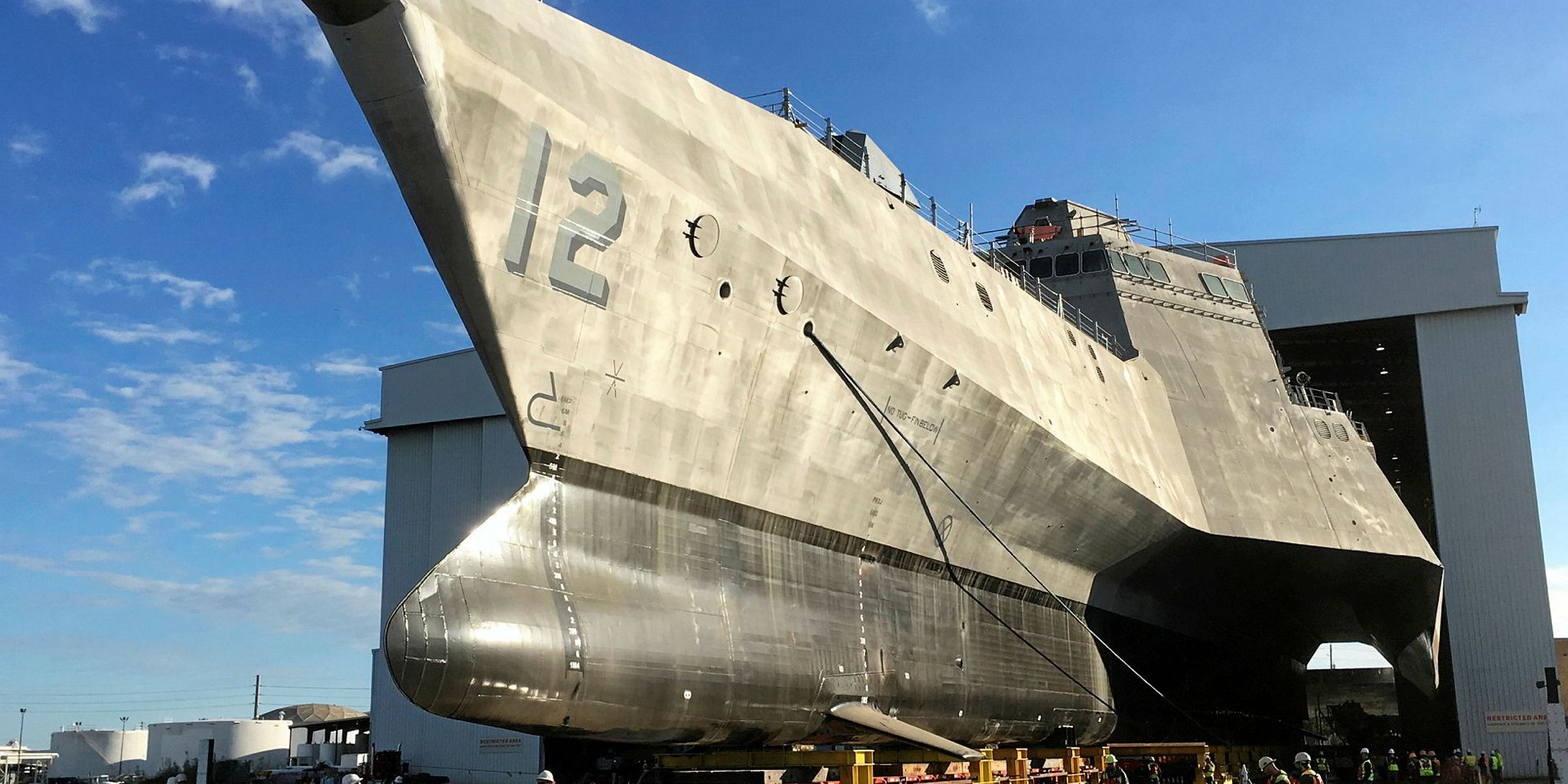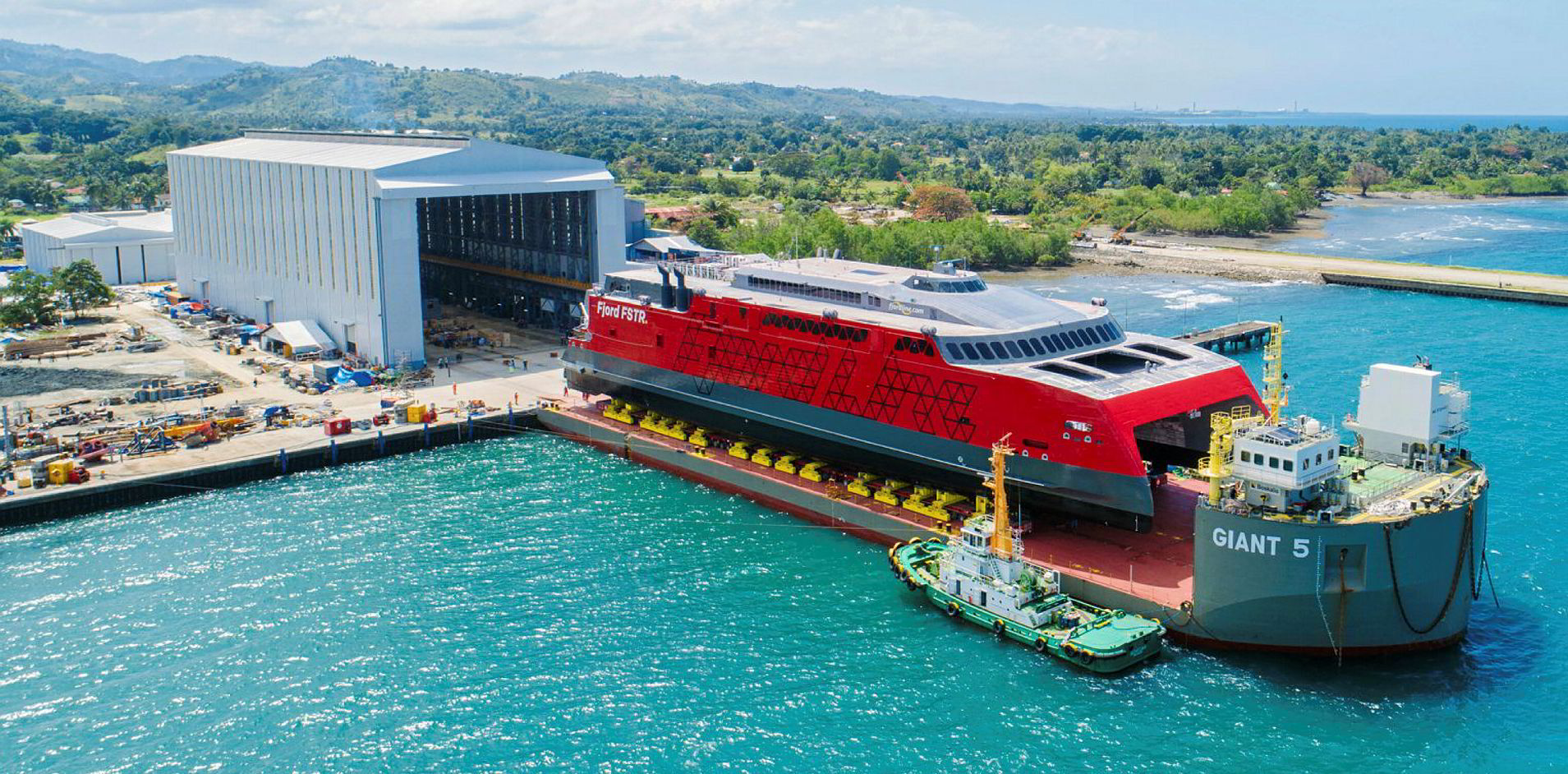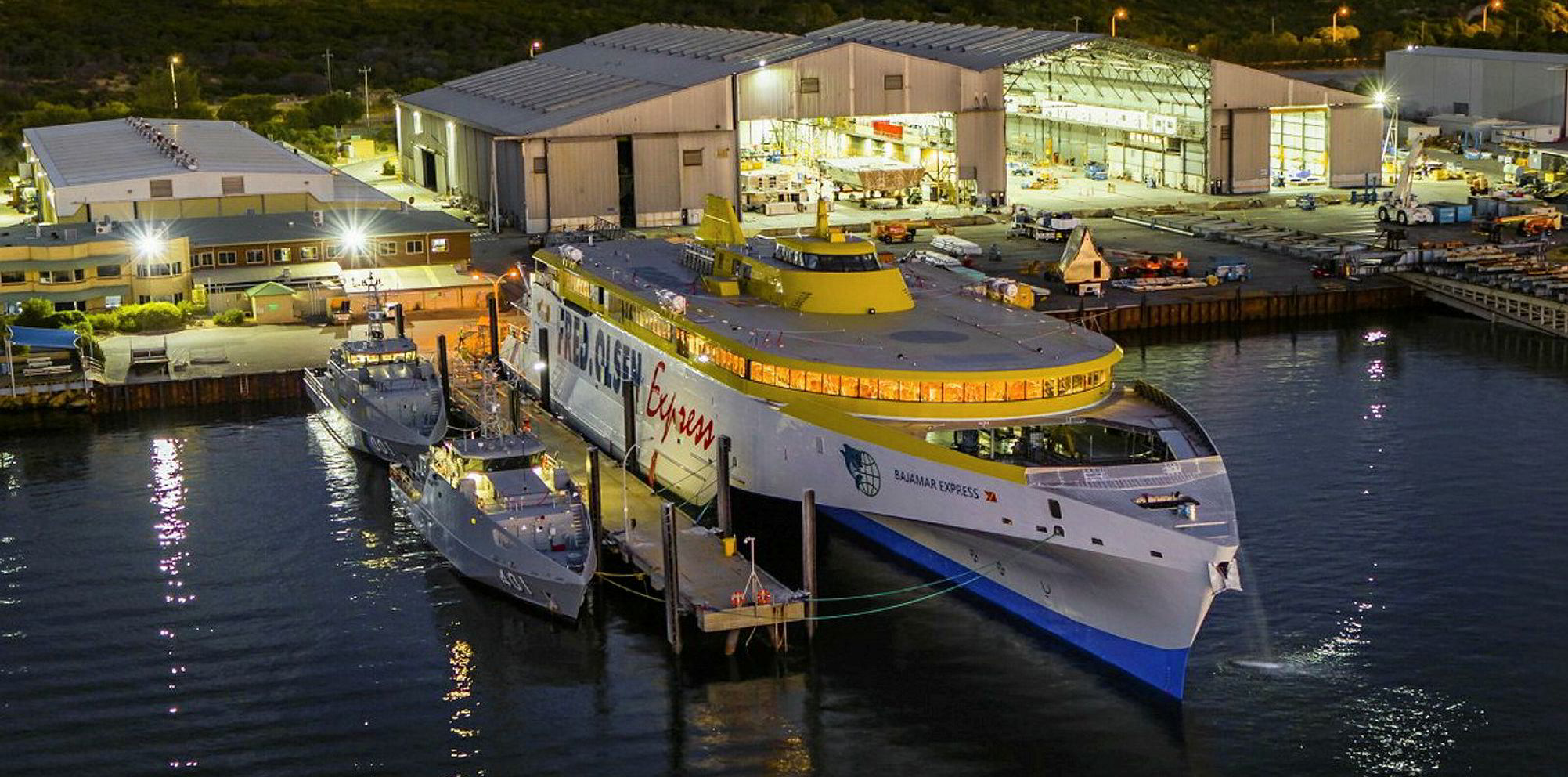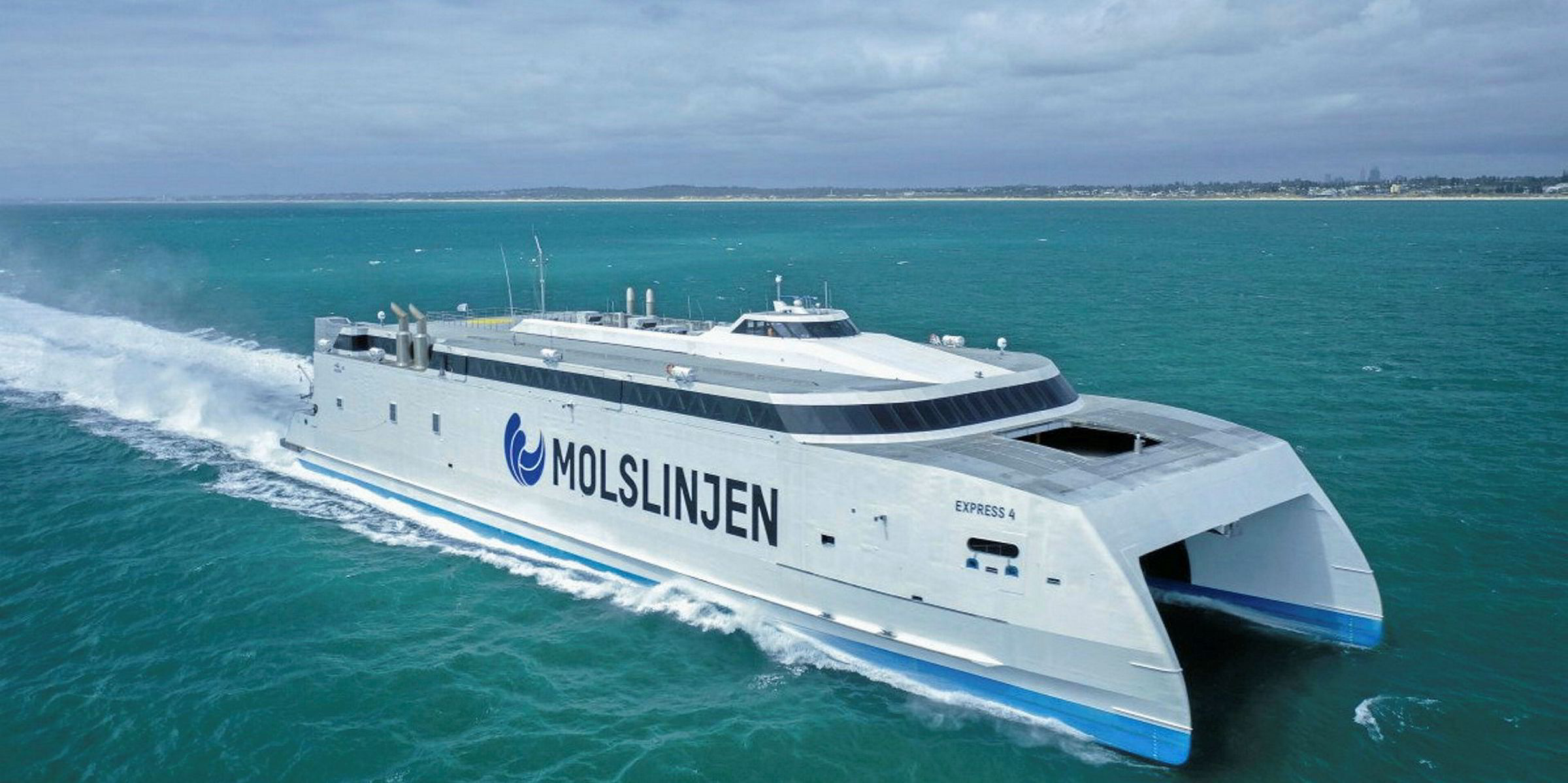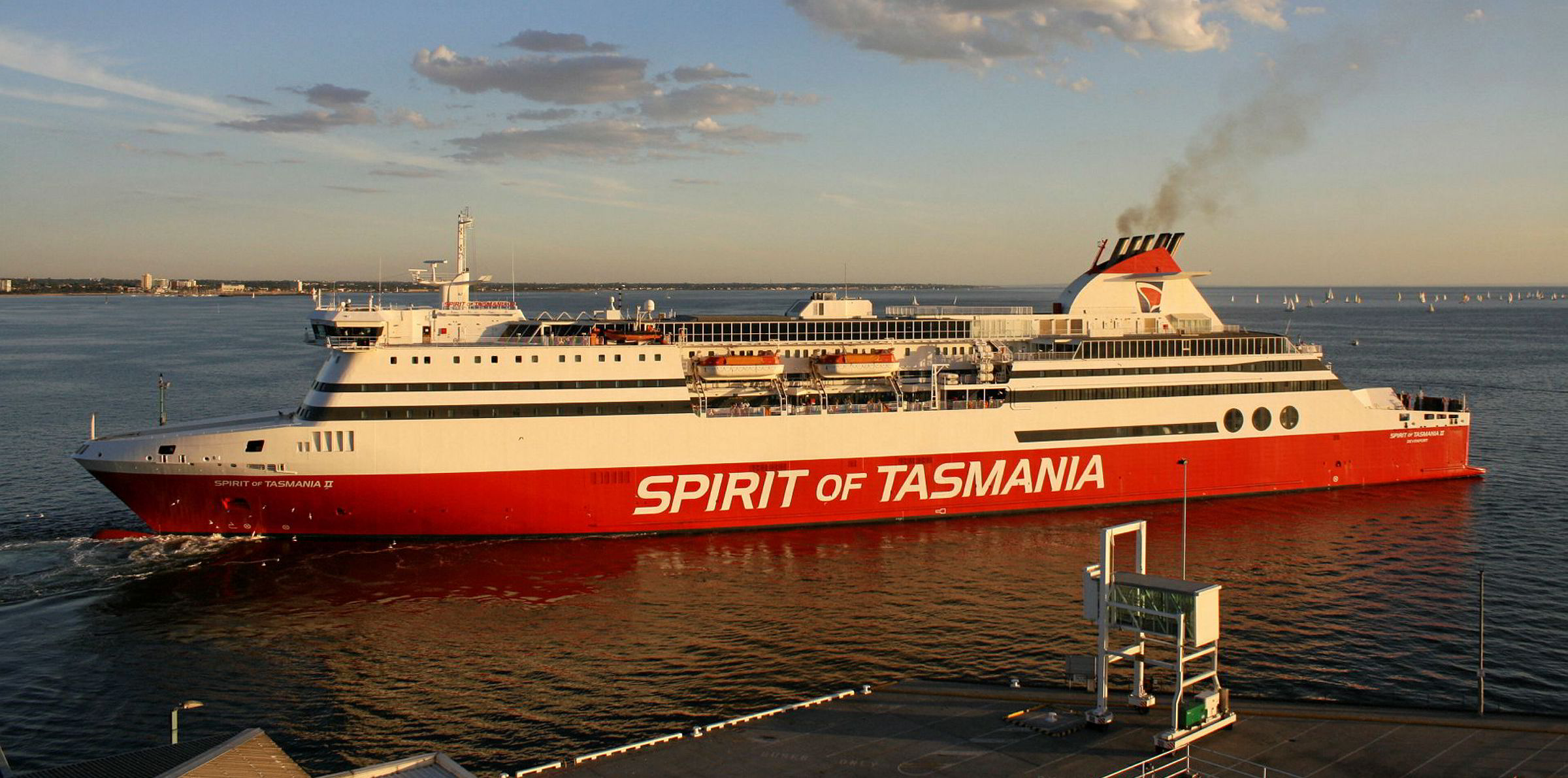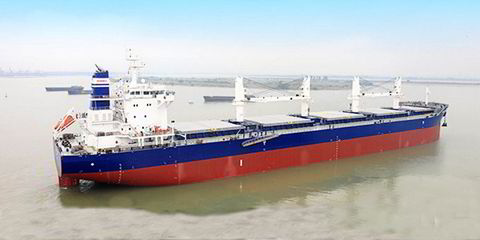Australian shipbuilding group Austal will invest $100m in a new steel shipbuilding facility in Mobile, Alabama, in a move that will position it to bid for work in a series of significant new steel shipbuilding programmes for the US Navy.
The investment is being partly funded through a Defense Production Act (DPA) agreement between Austal USA and the US Department of Defense, which will provide up to $50m of the total investment.
Austal has entered into an agreement with Modern American Recycling and Repair Services of Alabama (MARRS) to acquire more than 15 acres of waterfront land, buildings, and assets including a dry dock on the MARRS’ Mobile riverfront property opposite Austal USA’s existing shipbuilding facility that fabricates aluminium-hulled ships.
The acquisition is priced under $10m and will be funded from cash holdings. Completion of the deal is targeted to occur in the next few weeks.
News of the US shipbuilding expansion came as Austal reported on Monday that it exceeded AUD2bn ($1.43bn) of revenue for the first time and delivered record earnings for its 2020 financial year.
Revenue of AUD 2.08bn was up 13% from AUD 1.85bn in 2019. Earnings before interest and tax (EBIT) climbed 41% to AUD 130.4m, while net profit after tax (NPAT) rose 45% to AUD 61.4m.
Patrick Gregg, chief operating officer and chief executive-designate at Austal, said: “The financial results highlight the success of our ongoing strategy to grow our defence business, which now makes up approximately 88% of the group’s revenue across construction and support.
"The value of this is clear as we see that the broader defence market is strengthening and has largely been shielded from the economic impacts of Covid-19.
“Importantly, these record earnings have translated into significant cash flow, enhancing our strong balance sheet position with $397m of cash.
"This financial strength is enabling Austal to target strategic investment opportunities to drive the company’s next phase of growth whilst, at the same time, increasing dividends and considering debt reductions in FY 2021 [fiscal year 2021].”
Steel shipbuilding
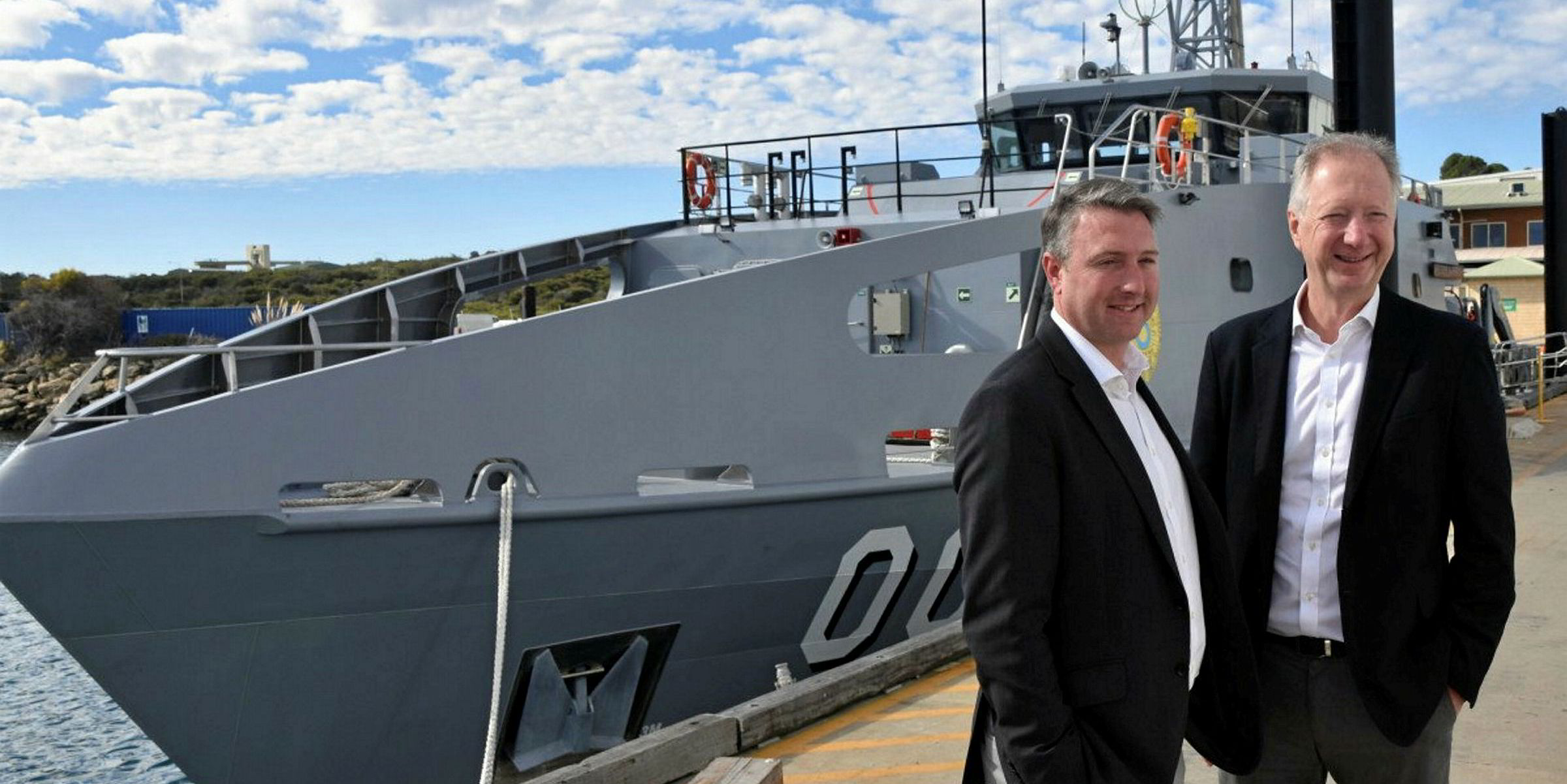
Austal is the largest builder of aluminium fast ferries and naval vessels, although it is pinning its growth plans on a move into the conventional steel vessels.
Gregg said the investment in steel shipbuilding in Mobile will allow Austal USA to compete for a number of major steel shipbuilding programmes in Austal’s size range that are expected to be tendered in the medium term.
“There are also defence opportunities closer to home," Gregg said. "The Commonwealth of Australia has demonstrated a commitment to defence with the AUD 324m contract for six Cape Class patrol boats awarded to Austal this year, adding to the 21-vessel Guardian Class patrol boat programme.
"The recent Defence White Paper and Force Structure Plan identified more heavy steel ships to be built in Australia. In Asia, our shipbuilding facility in the Philippines also has the potential to open up defence opportunities, building on our investments in the region.”
Austal is also hoping to construct two large LNG-powered ropax ferries for Tasmanian ferry operator TT-Line. The contract, which has yet to be awarded, replaces deals for two 48,000-gt vessels at Flensburger Schiffbau-Gesellschaft that were cancelled because of the yard’s financial problems.
Although TT-Line intended to switch the contracts to Finnish shipbuilder Rauma Marine Constructions, it has come under strong pressure from the Tasmania ferry replacement task force to place the order at domestic yards despite no Australian shipbuilding facility having the capacity to build such a large ship.
Austal has submitted a proposal to the task force indicating that it would build the hulls of the vessels in the Philippines and bring them to Australia to be outfitted.
“We believe that a split-build vessel construction programme can see over half the labour content of each vessel built here in Australia and particularly in Tasmania, potentially creating thousands of jobs,” Austal chief executive David Singleton told Australian media last week.
However, Tasmanian opposition party politicians and rival fast-ferry shipbuilder Incat have criticised Austal’s proposal, claiming its shipbuilding facility in the Philippines has never built vessels of this size or this type and, that with almost half of the work to be undertaken in the Philippines, it defeats the purpose of assigning the orders to an Australian yard.
